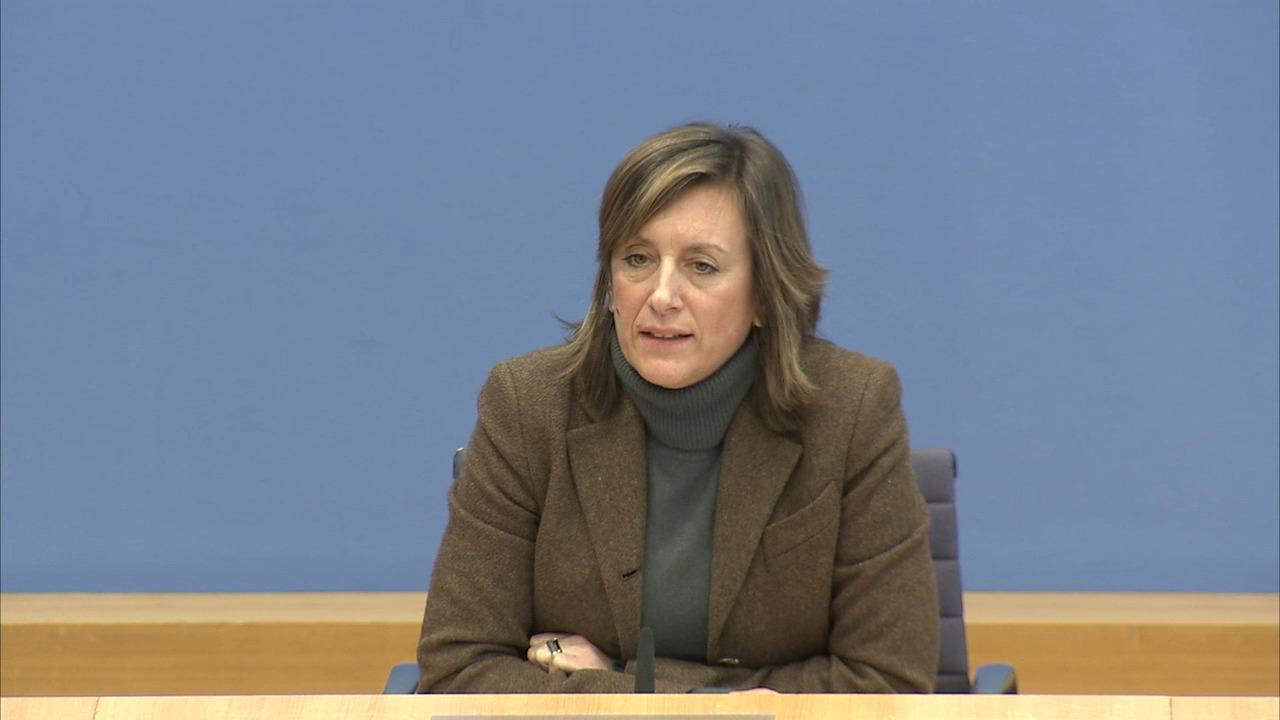
Ulrike Demmer, the government’s deputy spokeswoman, told a news conference in Berlin that they had taken note of the recent decision of the Trump administration, and will coordinate with other EU members to jointly assess its implications, Anadolu news agency reported.
“As you know, the German federal government and the European Union remain committed to the nuclear agreement with Iran,” she said, adding that this agreement would facilitate legitimate trade with Iran, in accordance with international and European Union law.
“We continue to believe that this agreement is a very important instrument to prevent Iran from becoming armed with nuclear weapons,” she said.
US President Donald Trump last year pulled out of a landmark 2015 nuclear deal with Iran, and further intensified pressure on Tehran by re-imposing sanctions on Iranian oil exports.
On Monday, Trump administration announced that it would no longer renew Iran sanctions' waivers on eight countries--Turkey, China, Greece, India, Italy, Japan, South Korea and Taiwan--upon their expiration on May 2.
In 2015, world powers agreed to lift economic sanctions imposed on Iran in return for Tehran agreeing to limit its nuclear activity to peaceful and civilian purposes.
The agreement, also known as Joint Comprehensive Plan of Action (JCPOA), was signed between Iran and major powers Russia, China, France, the UK, and US, plus Germany.
Despite the US withdrawal from the agreement, EU heavyweights Germany, France and the UK have set up a new mechanism in January, offering European firms an alternative payments channel to continue trade with Iran despite US sanctions.
8072**2050
Follow us on Twitter @IrnaEnglish
 solhkhabar | Peace International News Agency Peace International News Agency , Peace News , International Agency News of Peace
solhkhabar | Peace International News Agency Peace International News Agency , Peace News , International Agency News of Peace